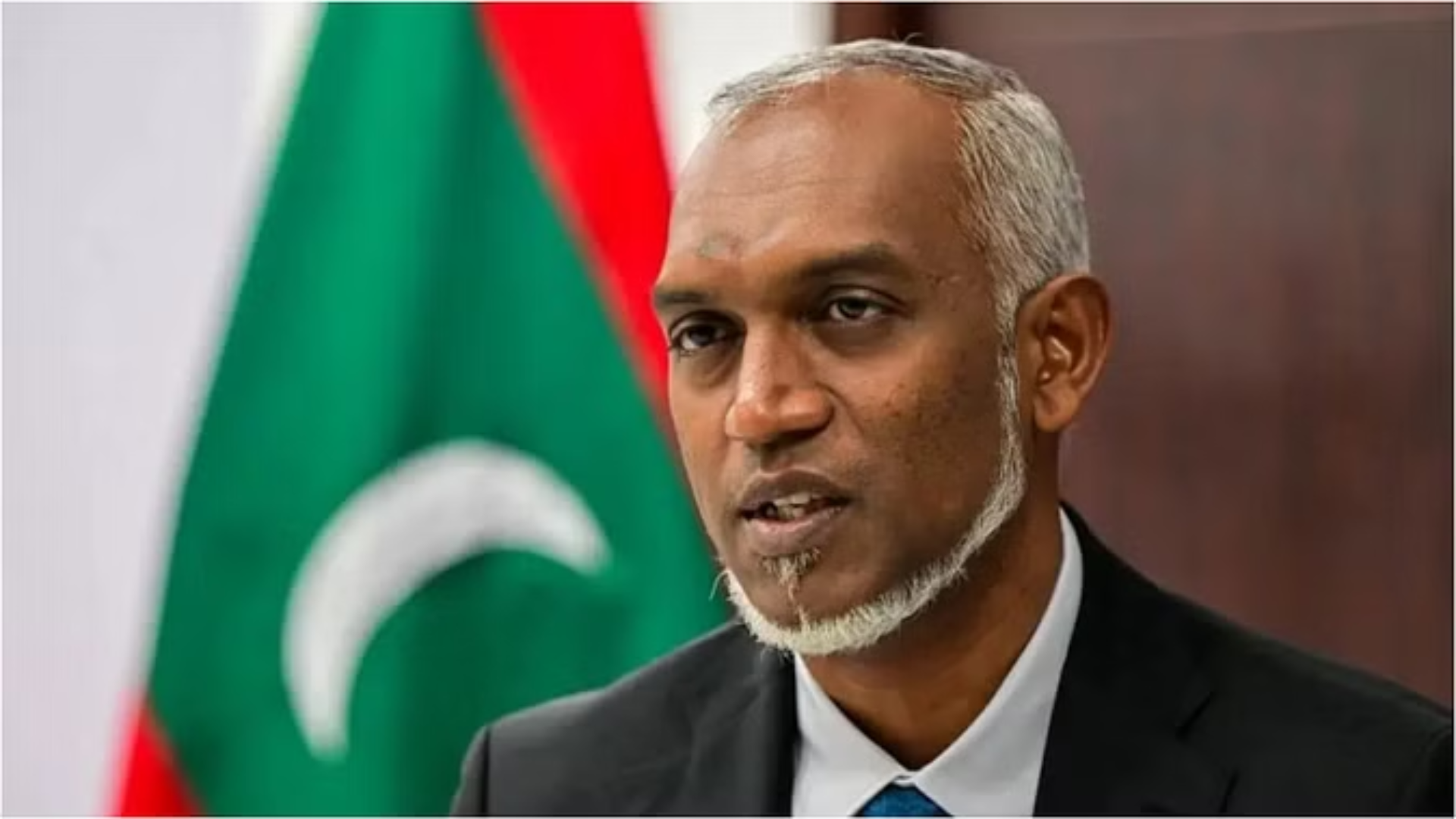Policy needs to be made through reason rather than through emotion and prejudice. Whatever the cause, President Mohamed Muizzu of the Maldives appears to have a dislike of India, and this is expressing itself in the entire gamut of his policies. The Maldivian defence and security forces need the assistance from the Indian side to ensure their readiness, including in choking off any fresh eruption of ISIS in the country.
More than 600 Maldivian youths left to join ISIS barely a decade ago, a large number for a population of just around half a million. Several times that number would have stayed back, waiting for a time when the extremist ideology of that terror group could ensure the transition of the Maldives into a terror hub. Cooperation with India is helping to ensure that such a calamity does not occur, and that the Maldives does not follow the dismal trajectory of territories where ISIS held sway for a while.
Judging by his public remarks and his actions, President Muizzu seems unaware of the fact that the Maldives is close to a tipping point where radicalisation of the young are concerned. Social media reveals such a situation vividly, including in the way several young Maldivians express their prejudices, indeed hatred, at certain faiths. These include the Jewish, Christian and Buddhist faiths.
It was not surprising that a junior minister chosen by Muizzu to be a part of his government called the Prime Minister of India a “slave of Israel”. The reason was that Prime Minister Narendra Modi strongly condemned the 7 October terror attack launched on Israel by Hamas. At the same time, he was clear that civilians in Gaza needed to be spared the horror of war, and ought to be provided humanitarian assistance as plentifully as before the IDF-Hamas war began.
Only an individual who is an admirer of Hamas would describe condemnation of a terror attack by a known terror group in a derogatory manner. The junior minister needs to learn about the way in which Hamas, once it took control from the Palestinian Authority (PA) in 2007, systematically executed or jailed thousands of Gazans who were associated with the PA or who opposed Hamas. Despite its terror links, the Netanyahu government focused its attention on the West Bank, where the PA was ruling, and left Gaza alone.
It was clear that Netanyahu did not expect the possibility of a mass terror attack from Gaza. Or that, when he released more than a thousand Palestinian prisoners in exchange for one Israeli soldier two decades back, Netanyahu had convinced Hanas that the more Israeli hostages it captured, the safer would it be. The Hamas leadership expected Israel to overlook the terror attack and release all Palestinian prisoners in exchange for the hostages captured on 7 October.
They calculated that keeping the hostages in locations where an attack on the terror group could involve harm to the hostages placed nearby, there would not be an Israeli attack on such locations, and certainly not on schools and hospitals. The fact is that the 7 October attack showed that taking out the military wing of Hamas was an imperative for the IDF, and this is what is being done.
What would the Maldivian minister do if a terror attack from outside were to take place that would cost the lives of hundreds of citizens? Call those who condemned such an attack “slaves of the Maldives”? The tilt towards radicalism evident in the social media posts of several of the supporters of Muizzu, combined with his deference to the CCP, is creating doubts within citizens of democracies about the safety of making the Maldives a holiday destination.
Anti-incumbency and infighting ensured the defeat of President Ibrahim Solih and his replacement by Muizzu. Radical emotions cannot generate jobs, or create a favourable ambience for investment. As for the PRC, the experience of Sri Lanka and Nepal show that help during hard times comes not from Beijing but from Delhi.
The Maldives has long been a friend and partner of India, and the Maldivian people have been welcomed during

